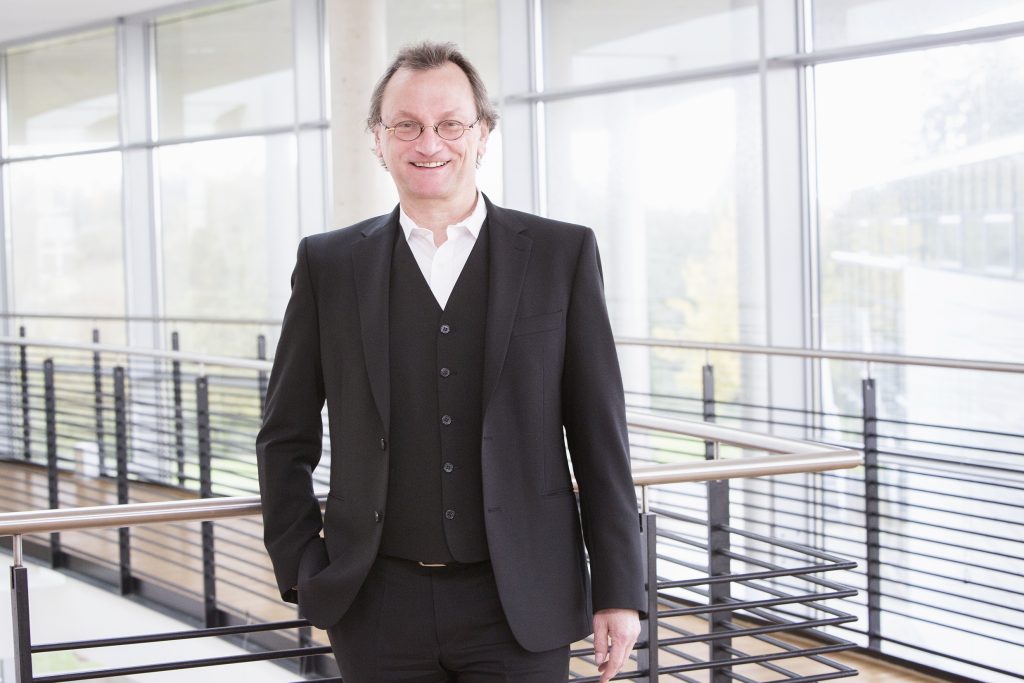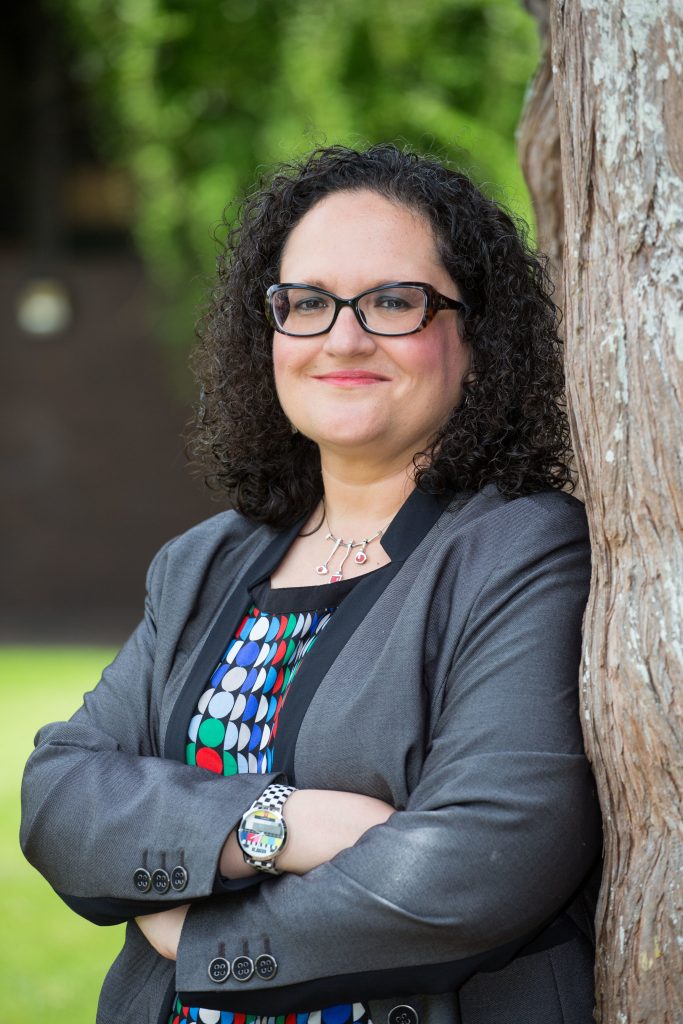Peter Heering

Peter Heering is professor of physics and physics didactics at the Europa-Universität Flensburg since 2009. He was trained as a secondary school teacher for physics and chemistry at the University Oldenburg. He did a PhD in the field of history of physics and its didactical use which he completed in 1995 (Das Grundgesetz der Elektrostatik. Experimentelle Replikation, wissenschaftshistorische Analyse und didaktische Konsequenzen). After being trained two years at a secondary school in Wilhelmshaven he became senior lecturer at the physics department of the Carl-von-Ossietzky University in Oldenburg (Germany) in 1996. In 2006, he finished his habilitation in history of science at the University of Hamburg (Experimentierstile in der zweiten Hälfte des 18. Jahrhunderts).
His current research interest focuses on the analysis of the evolution of experimental practices in physics from the eighteenth to the twentieth century, which are analyzed using the replication method. He also investigates the process of transforming research experiments into teaching experiments and the history of physics teaching. In physics didactics, his interest focuses on the pedagogical use of historical experiments and the implementation of historical aspects in formal and non-formal science education processes, the latter with a special emphasis on the storytelling approach.
He has co-organised several international conferences. In 2016, he co-organised the 1st European Regional IHPST Conference at the Europa-Universität Flensburg (with Claus Michelsen). He served as President of the International History Philosophy and Science Teaching Group (http://ihpst.net/), and as Vice-President of the Inter-divisional Teaching Commission of the International Union of History and Philosophy of Science. Currently, he is Vice Director of the Fachverband Geschichte der Physik der Deutschen Physikalischen Gesellschaft (DPG) and member of the Committee on Education and Engagement in the History of Science Society. Since July 2020, he serves as Vice-President for Research of the Europa-Universität Flensburg.
Invited Speech
His story and her story: Using StoryTelling in science education
Numerous contributions advocate the implementation of the history of science in science education. One main potential is identified in enabling students to develop a more appropriate understanding in the nature of science. In addition, historical approaches can also promote scientific knowledge and understanding. We have been working with different approaches using historical case studies for quite some time. In this presentation I will introduce an approach we call StoryTelling. In this approach,
historical stories are told by the teacher, and this narrative can be adapted specifically for the situation in the learning group. However, as we learned through seminars with in-service teachers, the stories they tell differ significantly, thus the students are not only experiencing a somewhat different approach towards science, but they also have the opportunity to experience their teacher in a significantly different role.
In my presentation, I am going to introduce the concept of the StoryTelling approach with concrete examples.
~*~
Sibel Erduran

Sibel Erduran is a Professor of Science Education at University of Oxford and Professor II at University of Oslo, Norway. She is the President of the European Science Education Research Association; Editor-in-Chief of Science & Education, an Editor for International Journal of Science and a Fellow of the American Educational Research Association. Her academic work experiences include positions in the USA, Ireland as well as the UK. She has also held visiting professorships in Sweden, Taiwan, and Turkey. She has been a science and chemistry teacher in a secondary school in Cyprus. Her research interests focus on the infusion of epistemic practices of science in science education. Her work on argumentation has received international recognition through awards from NARST and EASE. She is currently working on two funded projects, and her recent books focus on argumentation in chemistry education (Royal Society of Chemistry) and epistemic perspectives on chemistry teacher education (Springer).
Invited Speech
How can science education prepare students and teachers for the future? The role of epistemic practices of science in education
Despite years of reform across the world to improve science teaching and learning, science education in secondary schools remain problematic for researchers, policy makers and practitioners alike. The talk will articulate the significance of epistemic practices for reforming science education and illustrate some research findings from funded projects. Epistemic practices concern cognitive and discursive processes that contribute to generation, evaluation and revision of scientific knowledge. These practices justify why certain knowledge claims are justified and others not, and they are crucial particularly in the current climate of science denial where scientific knowledge is ignored by some parts of the global population. The presentation will draw on the work of Project Calibrate, OARS Project and FEDORA Project conducted in England to highlight the impact on teachers and students of the inclusion of epistemic practices of science in science teaching, learning and professional development. An example of epistemic practices will be argumentation as the coordination of theory and evidence to reach justified conclusions. Overall, the presentation will illustrate the rationale, the mechanisms of inclusion and the impact of epistemic practices in science education. It will highlight a range of quantitative and qualitative methodological approaches to school-based research.
